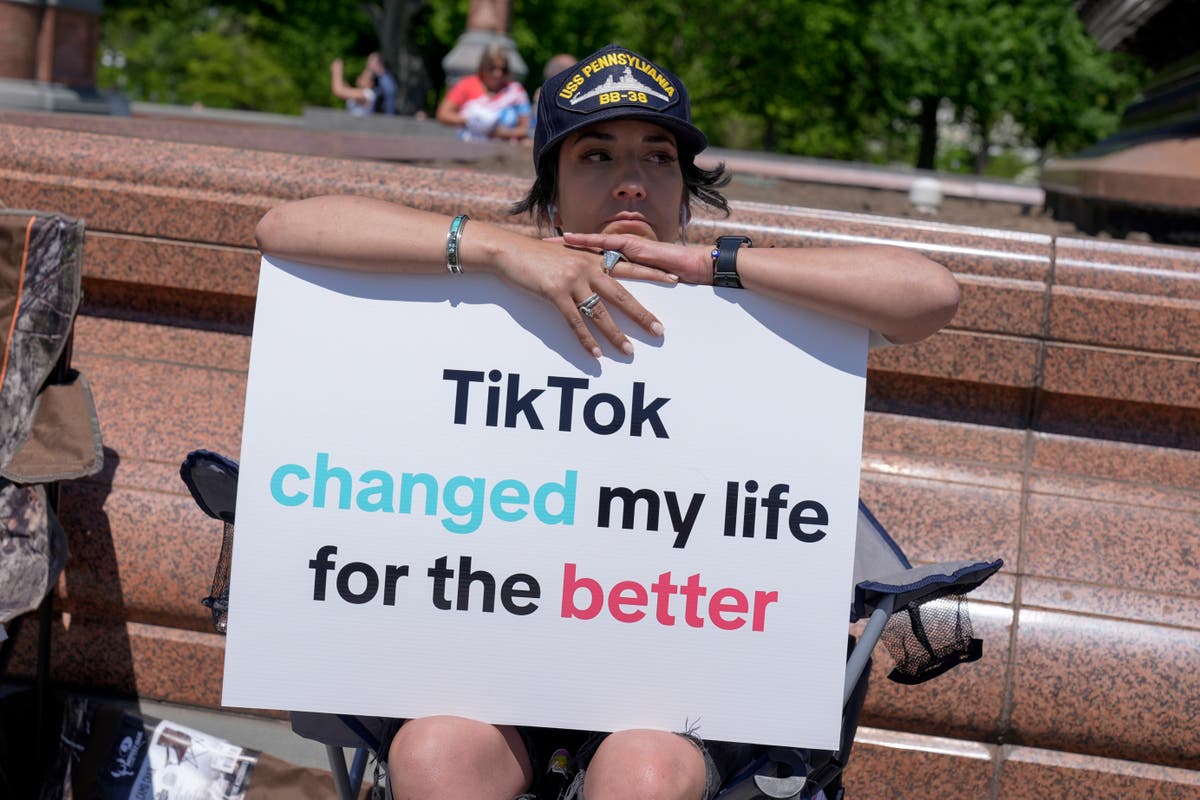President Joe Biden has just signed the so-called TikTok ban into law, meaning that the popular social media app’s parent company must now sell the app or face a ban across the US,
The controversial ban of the app was passed by Congress this week, sending the measure to Mr Biden’s desk, who signed the legislation into law on Wednesday.
Despite fears that the Chinese-owned app will suddenly vanish from users’ phones, that is far from the reality of what will likely happen.
When does the ban go into effect?
At the earliest, it would probably take a year before TikTok would be banned.
Under the Protecting Americans from Foreign Adversary Controlled Applications Act, ByteDance, TikTok’s parent company, has nine months to sell the social media app, tacking on an additional three more if a sale is under way.
But if this doesn’t happen, TikTok will be banned from US app stores.
In reality, the app would be no longer accessible in the app stores in the US, meaning it would become more difficult to download the app or receive updates.
TikTok users could probably circumvent the app’s removal from US app stores and access the app through other means, like by using a virtual private network (VPN) or using a foreign SIM card.
“The TikTok bill relies heavily on the control that Apple and Google maintain over their smartphone platforms because the bill’s primary mechanism is to direct Apple and Google to stop allowing the TikTok app on their respective app stores,” Dean Ball, a research fellow with the Mercatus Center at George Mason University, told The Associated Press.



Actually it likely won’t even do that. On Android, it’s quite easy to have your app check a server for updates on startup and download an updated APK which the user can then install with one tap. It can require the user to grant the app permission to install updates, but you can easily just tell users how to do this, send them to the right setting, and even make the button they need to press flash so they know what to hit.
You can also make a large number of changes server side so that users don’t even have to update the actual app very often.
This would be a lot more of a punishment if it was still 2011, but all this will really do is make it harder for new users to install the app on iOS, where sideloading isn’t a thing in the US.